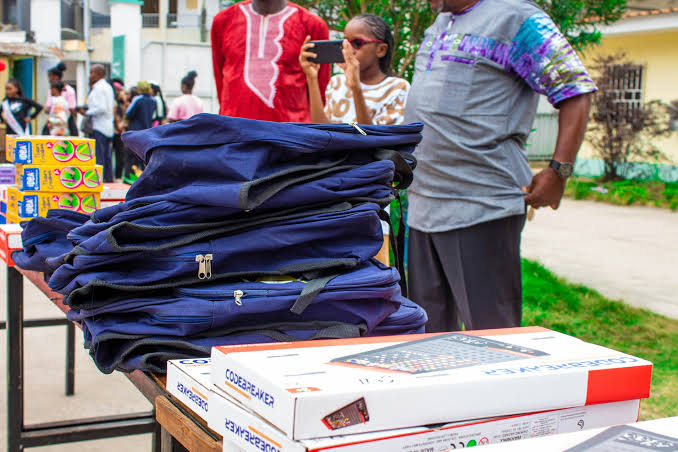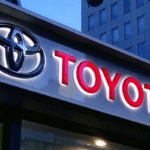In 2024, Ugandan software developer Namwanza Ronald launched Neibar, an app designed to let people give away pre-owned items for free.
The platform tackles two persistent challenges in Africa: waste from discarded goods and the difficulty many low-income households face in accessing essential items.
By connecting neighbors through a location-based system, Neibar extends the life of household, school, and workplace items while promoting dignity, accessibility, and community-driven giving.
“Existing platforms for used items mostly focus on buying and selling, which leaves a big gap. But Neibar set out to close that gap by reducing waste and inequality across African communities, making purposeful giving easy, accessible, and stigma-free,” Ronald told TechCabal.
How Neibar Works
Neibar, currently available on Android, requires users to sign up with basic information and location. This enables them to see when someone in their neighborhood is giving away items ranging from household goods and clothing to learning materials and workplace essentials.
When a user lists an item, neighbors are notified via email and can reserve it on a first-come, first-served basis. Built-in end-to-end encrypted chat allows givers and recipients to coordinate safely, agreeing on public pickup locations such as parks, cafes, or designated community zones.
To prevent misuse, the platform limits each user to five reservations per day and monitors activity for patterns suggesting hoarding or commercial resale.
What You Should Know
Uganda has become Neibar’s strongest market, while adoption in Kenya, Nigeria, and South Africa remains slow. International uptake is minimal, largely due to the absence of local representatives promoting the platform.
Currently, the app is self-funded, with minor contributions from Ronald’s family. He is adamant that the platform remains free to users, emphasizing that charging fees would compromise its mission of stigma-free giving, particularly for households unable to afford even second-hand goods.
While not venture-capital backable in its current model, operational costs maintaining the technology and infrastructure remain a challenge. To ensure sustainability, Neibar is exploring external funding and partnerships, which Ronald sees as a path to long-term stability without compromising its core promise.
“We don’t have any funders right now, but we are exploring partnerships and funding to secure responsibility to keep the platform. So it would be a big opportunity if we could have funding,” Ronald said.
What This Means
According to a 2023 report by Statista, the African second-hand goods market is valued at over $24 billion, driven largely by households in low- and middle-income brackets seeking affordable products.
Beyond facilitating free giving, Ronald envisions Neibar as a cornerstone of a local circular economy. Once items reach the end of their usable life, the platform aims to collect and recycle them into new products.
“We want to build a circular economy system where if the last person who receives the item feels like the item can no longer be used by someone else, we want to bring back the items and recycle them into something new,” he explained.
With this vision, experts say Neibar is not just a platform, it’s a community-driven movement to reduce waste, promote dignity, and build a sustainable system of resource sharing across Africa.
Talking Points
It is impressive that Neibar has designed a platform to give away pre-owned items for free, addressing a major barrier many African households face, which is access to affordable goods.
This single feature alone positions Neibar as a practical solution for real community challenges, especially for students, low-income families, and households struggling to afford essential items like laptops, beds, and school supplies.
At Techparley, we see how tools like this can reduce waste and redistribute resources locally, bringing tangible value to underserved communities while promoting dignity and purposeful giving.
The location-based design and in-app communication system mean that users can connect safely and efficiently, turning idle goods into meaningful resources for neighbors and reducing environmental impact.
However, there’s still room to expand its reach and impact. Adoption outside Uganda will depend on local promotion, partnerships, and user education to ensure more households benefit from the platform.
With the right strategic support, Neibar has the potential to become a catalyst for circular economy practices, free and stigma-free giving, and sustainable resource sharing across Africa.





